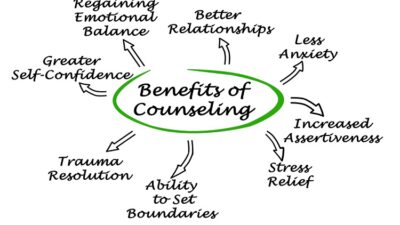When it comes to negative emotions, jealousy is one that people tend to understand the least. Sure, it can easily be described as wanting what others have such as looks, wealth, fame, family, relationships, or status. However, jealousy goes much deeper than that psychologically, and if it gets out of control a person may need help with anger management.
Table of Contents
Jealousy vs. Passive Aggressiveness
In simple terms, jealousy is a feeling, while passive aggressiveness is an action. That’s the biggest difference. That said, the two can be linked since feeling of jealousy can lead to passive aggressive behavior. For example, if you are jealous of someone’s job, you may find yourself talking bad about that person at work as an unconscious expression of that jealously. This is because like most negative emotions, jealousy is typically expressed in negative ways.
What is Passive Aggressiveness?
There is much more to passive aggressiveness than just talking bad about people behind their back. Passive aggressiveness is the act of subtly resisting or undermining another person through means that even the passive aggressive person may not be fully aware of.
For example, if your boss made you mad at work and you yelled at them, that is an act of overt aggression, and a possible sign that anger management is needed. However, if instead you pretend to give in to your boss, but then began slacking off at your job as a means of retaliation that is passive aggressive behavior.
Ultimately passive aggressive behavior is preforming actions to hurt someone without taking direct action against them. This can be gossiping behind someone’s back, showing up late for work, making sarcastic remarks or jokes at that person’s expense, or any number of things. In almost any case though, if confronted about their passive aggressive behavior, the person doing the behavior will be able to come up with an excuse sine the harmful behavior was not direct – such as claiming that their sarcastic remark was “just a joke.”
Dealing With Feelings of Jealousy

Jealousy can easily lead to passive aggressive behavior. This is because many people who are jealous do not want to admit it, not even to themselves. The reason for this is that admitting jealousy is seen as the same as admitting inferiority to most people. Because of this, dealing with feelings of jealously can be very difficult, and passive aggressive behavior can result very easily.
To find the root cause of jealousy, a person must first admit that they are feeling jealous of another person. They also need to realize that feelings of jealously doesn’t make them any less of a person, and that these feelings are natural.
Once a person has admitted to having a problem with jealousy, they can begin working on ways to solve it. This involves recognizing passive aggressive behavior, and putting a stop to it. They may also need to speak to someone about their feelings of jealousy, such as a trusted friend, family member, or a licensed professional at anger management classes. In fact, anger management classes can be a great way to deal with feelings of jealousy if they have begun spiraling out of control, and into a pure desire to tear down and destroy the object of jealousy itself.
Control Your Jealousy or It Will Control You
In any case, holding on to feelings of jealousy doesn’t do anyone any good. The sooner they admit their feelings, and decide to do something about it, the better off they will be. If you’re experiencing feelings of jealousy in your life, today is the day to do something about it.










Comments